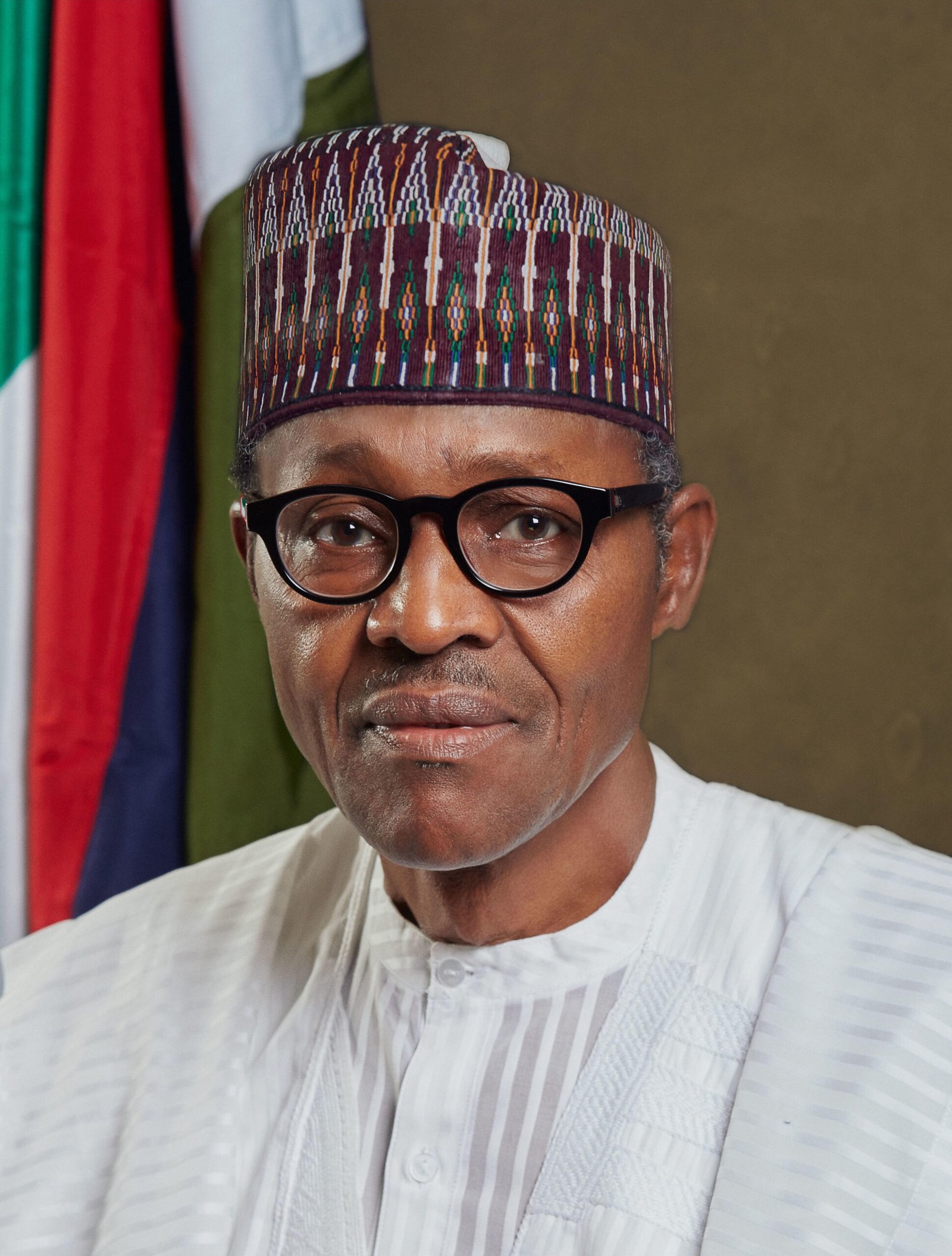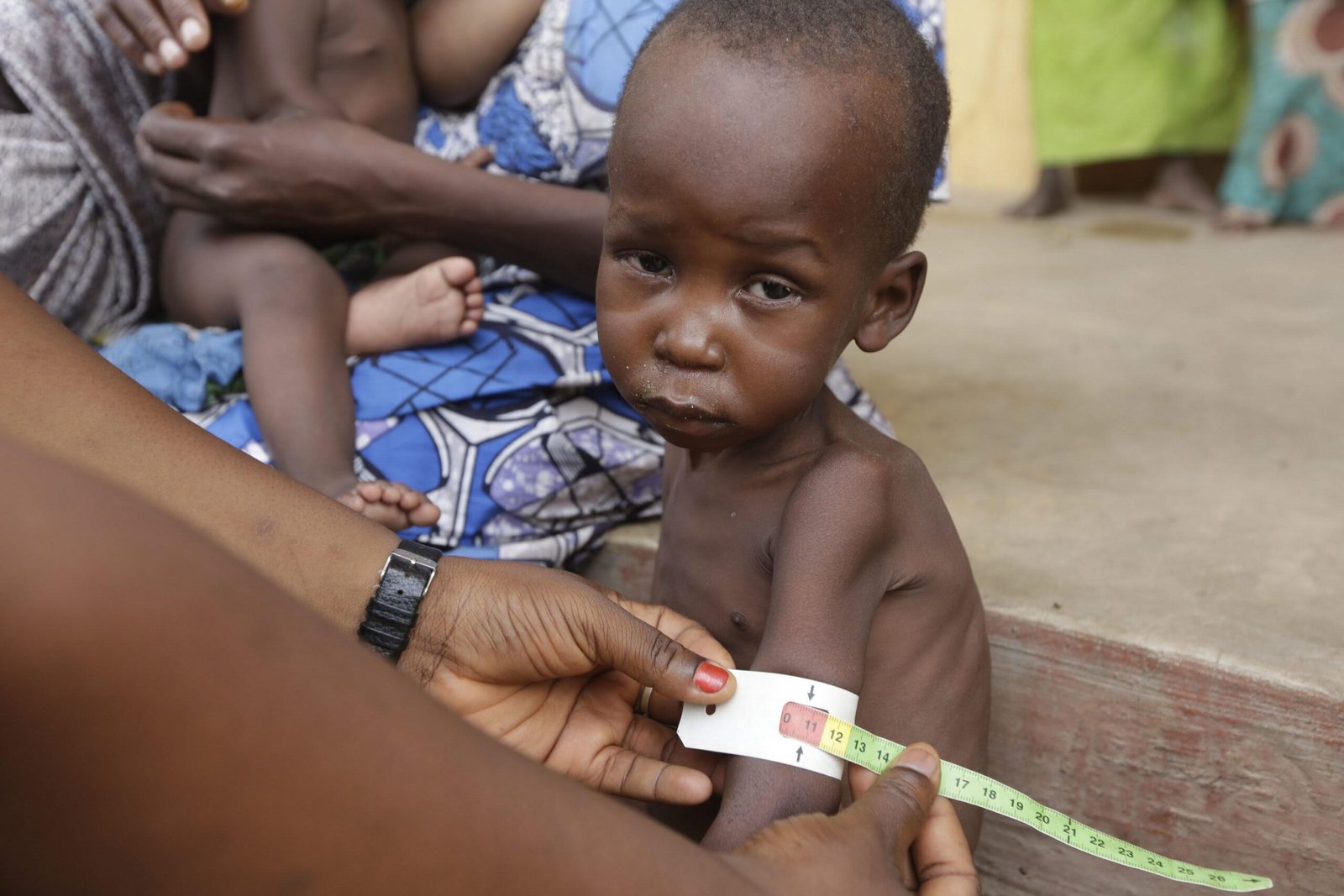Korede Abdullah in Lagos
In a major step toward combating infant mortality caused by respiratory syncytial virus (RSV), the World Health Organisation (WHO) has issued its first official guidance recommending the global use of two immunisation tools: the maternal vaccine RSVpreF and the monoclonal antibody nirsevimab.
The new WHO position paper, released on 30 May 2025, introduces two promising ways to protect infants: a maternal vaccine and a monoclonal antibody injection.
With over 3.6 million hospitalisations and approximately 100,000 child deaths annually attributed to RSV—nearly half occurring in infants under six months—WHO is urging countries, particularly low- and middle-income nations, to integrate at least one of these interventions into their national health systems.
“RSV is an incredibly infectious virus… especially harmful to infants, particularly those born premature,” said WHO’s Director of Immunisation, Dr Kate O’Brien. “The recommended RSV immunisation products can transform the fight against severe RSV disease.”, she added.
The maternal vaccine RSVpreF is administered from the 28th week of pregnancy, allowing protective antibodies to be transferred to the unborn baby, while nirsevimab is a single-dose monoclonal antibody given to newborns at birth or before hospital discharge, offering protection for at least five months.
Both tools are designed to shield infants during their most vulnerable early months. In regions with seasonal RSV patterns, nirsevimab can also be administered to slightly older infants prior to their first exposure.
WHO emphasises the greatest impact will be seen by targeting infants under six months, though benefits extend up to 12 months of age.
These recommendations were approved by WHO’s Strategic Advisory Group of Experts on Immunisation (SAGE) in September 2024, with the maternal vaccine prequalified for UN procurement in March 2025.
WHO’s position paper serves as a technical guide for public health policymakers, national immunisation programme managers, and global funding partners.
Countries are encouraged to choose the most feasible product based on cost-effectiveness and reach.
In resource-limited settings—where 97% of RSV-related infant deaths occur and access to oxygen and hydration is limited—the rollout of these preventive tools represents a critical opportunity to reduce the burden of RSV.
As there is currently no cure for RSV, preventive immunisation remains the most effective strategy for protecting vulnerable infants.



